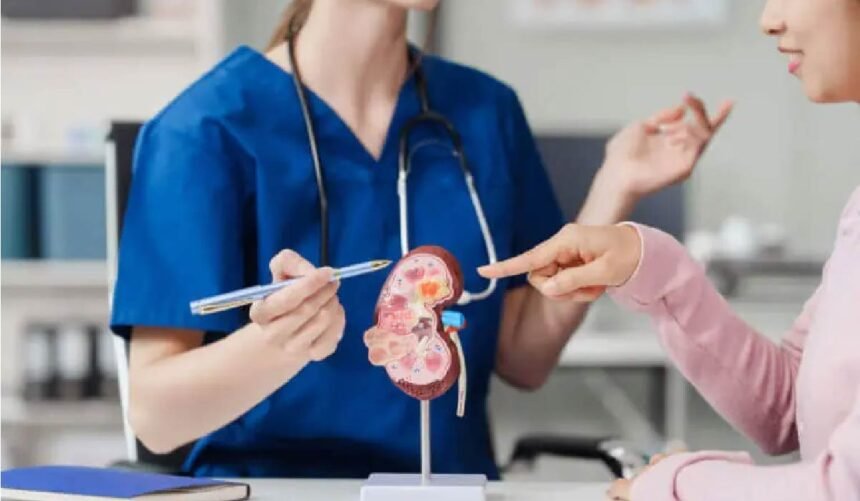End-stage renal disease (ESRD) is the final stage of chronic kidney disease, where the kidneys can no longer function adequately to meet the body’s needs. For those affected, understanding the disease and available treatment options is crucial for maintaining quality of life and overall health. In this blog, we’ll break down key aspects of ESRD, including its causes, symptoms, treatment options, and ways patients can navigate their healthcare effectively.
What Causes End-Stage Renal Disease?
ESRD typically develops over years of untreated or poorly managed kidney problems. The most common causes include diabetes and high blood pressure, which damage the kidneys over time. Other conditions such as polycystic kidney disease, glomerulonephritis, or prolonged obstruction of the urinary tract can also lead to kidney failure. Early detection and management of these conditions can slow disease progression, but once ESRD sets in, more intensive treatments are necessary.
Recognizing the Symptoms
Symptoms of ESRD often develop gradually and may include swelling in the legs, ankles, or hands, fatigue, shortness of breath, and changes in urination patterns. Some patients may experience persistent nausea, itching, or confusion due to the buildup of toxins in the blood. Because these symptoms overlap with other health conditions, regular monitoring by a healthcare professional is essential, especially for those at higher risk.
Treatment Options for ESRD
Once a patient reaches end-stage renal disease, kidney function is insufficient to sustain life without intervention. The main treatment options are dialysis and kidney transplantation.
- Dialysis: This process artificially removes waste and excess fluid from the blood. There are two primary types of dialysis: hemodialysis, which is typically performed at a clinic multiple times a week, and peritoneal dialysis, which can be done at home using a catheter in the abdomen. Dialysis is life-sustaining but requires strict adherence to schedules, diet, and fluid restrictions.
- Kidney Transplant: For eligible patients, a kidney transplant can restore kidney function and significantly improve quality of life. However, it requires finding a suitable donor and lifelong immunosuppressive medications to prevent organ rejection.
Managing Daily Life with ESRD
Living with ESRD is not only about medical treatment; it also involves lifestyle adjustments. Patients must adhere to specific dietary guidelines, often limiting potassium, phosphorus, sodium, and fluid intake. Regular exercise, stress management, and mental health support are also important. Support from family, friends, and patient communities can help patients cope with the physical and emotional challenges of ESRD.
Navigating Healthcare and Insurance Options
Healthcare management for ESRD can be complex. Patients often require frequent doctor visits, lab tests, and specialized treatments, making insurance coverage a critical factor. For individuals living in Decatur, IL, exploring the best Medicare Advantage plans in Decatur IL can help ensure access to necessary care, including coverage for dialysis and related medications. These plans often provide additional benefits such as transportation to medical appointments, wellness programs, and care coordination, which can be invaluable for ESRD patients.
Planning Ahead
Patients diagnosed with ESRD should work closely with a nephrologist to develop a long-term care plan. This plan should address treatment preferences, potential transplant eligibility, and strategies to maintain quality of life. Understanding the options available, including insurance coverage and support services, allows patients to make informed decisions that align with their health goals.
In Conclusion
End-stage renal disease is a serious condition that requires comprehensive management. Awareness of symptoms, treatment options, lifestyle adjustments, and insurance coverage are essential for maintaining health and quality of life. By staying informed and proactive, patients with ESRD can navigate their journey with greater confidence and resilience.







